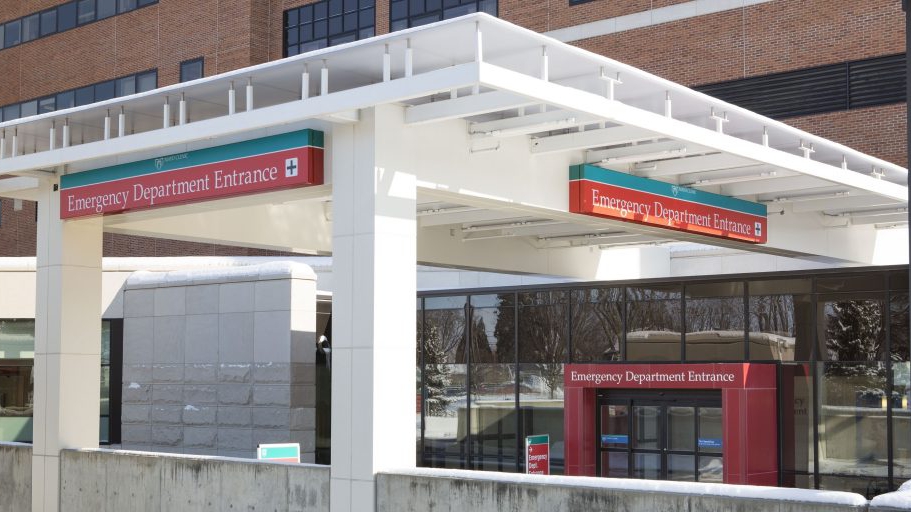-
Featured News
COVID-19: Symptoms that require emergency care

Growing concerns over COVID-19 have health care organizations worldwide making vast changes ― from postponing procedures to visitation restrictions. Consumers are being asked to limit emergency room visits.
But every day, people have medical emergencies that may require urgent intervention.
"You should not go to the emergency room for every sniffle or cold, but there are things that warrant medical attention and should not be ignored," says Dr. David A. Miller, director of the Comprehensive Stroke Center at Mayo Clinic in Florida.
While people with preexisting conditions are at a higher risk to develop more severe consequence to COVID-19, which may include shortness of breath, it's also important to recognize respiratory issues may be a sign of a heart attack, too. "If you experience symptoms consistent with a heart attack or stroke, it's important not to ignore them. There are treatments for heart attack and strokes that are effective if they are initiated in a short time after the symptoms start."
Watch: Dr. David A. Miller - Symptoms that require emergency care.
Journalists: Broadcast-quality sound bites with Dr. Miller are in the downloads at the end of the post. Please courtesy "David A. Miller, M.D. / Diagnostic Radiology / Mayo Clinic."
Call 911 if you have these signs or symptoms of a stroke:
- Sudden trouble with speaking and understanding
- Paralysis or numbness of the face, arm or leg
- Trouble with seeing in one or both eyes
- Severe, sudden headache
- Dizziness, vomiting or altered consciousness
- Trouble walking or maintaining balance
Also call 911 if you experience these signs or symptoms of heart attack:
- Pressure, tightness, pain, or a squeezing or aching sensation in your chest or arms that may spread to your neck, jaw or back
- Nausea, indigestion, heartburn or abdominal pain
- Shortness of breath
- Cold sweat
- Fatigue
- Lightheadedness or sudden dizziness
“If you have any of these symptoms, don’t ignore them. Call 911 or your medical provider,” says Dr. Miller.
Check the CDC website for additional updates on COVID-19.
For more information and all your COVID-19 coverage, go to the Mayo Clinic News Network and mayoclinic.org.







